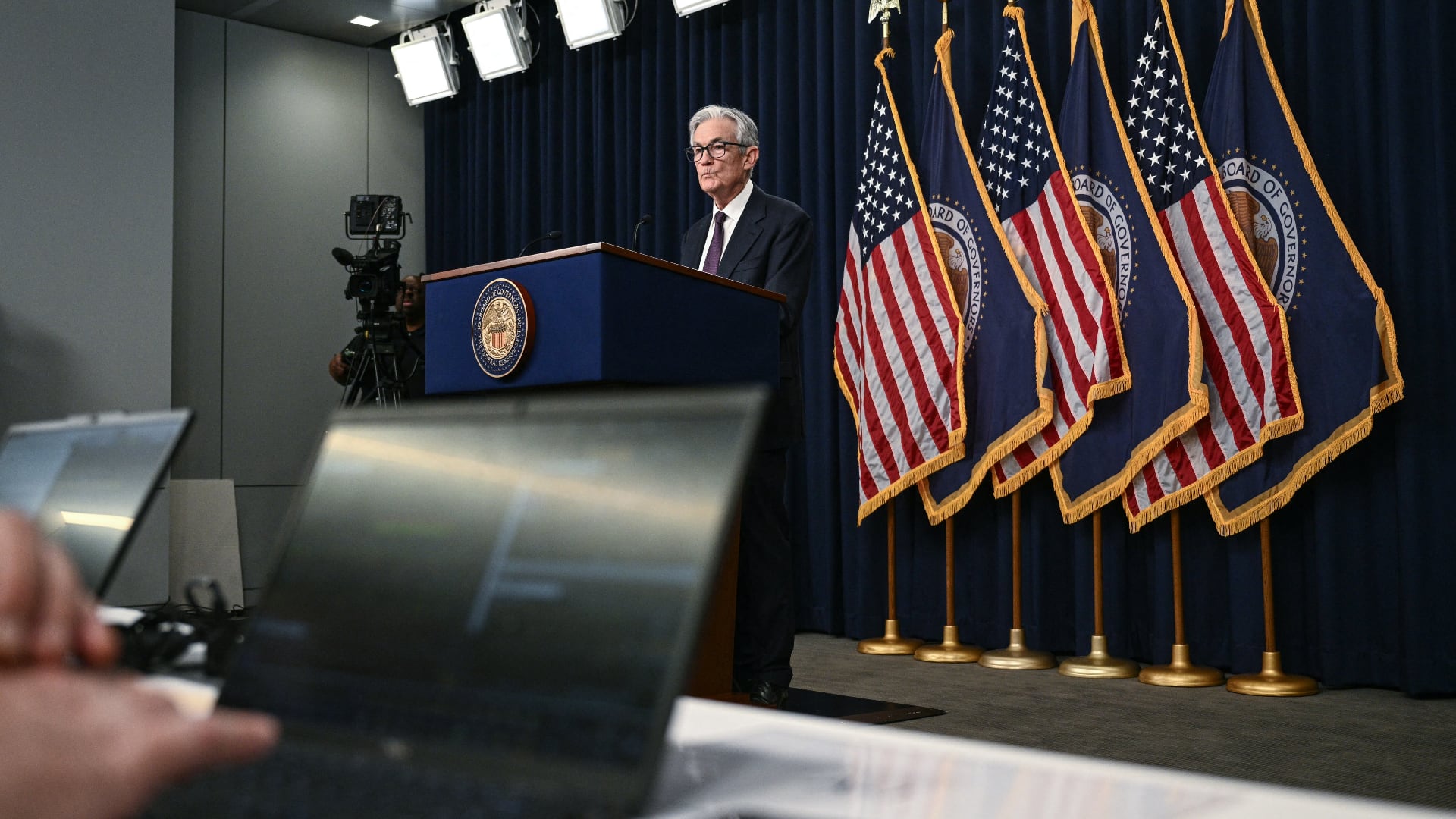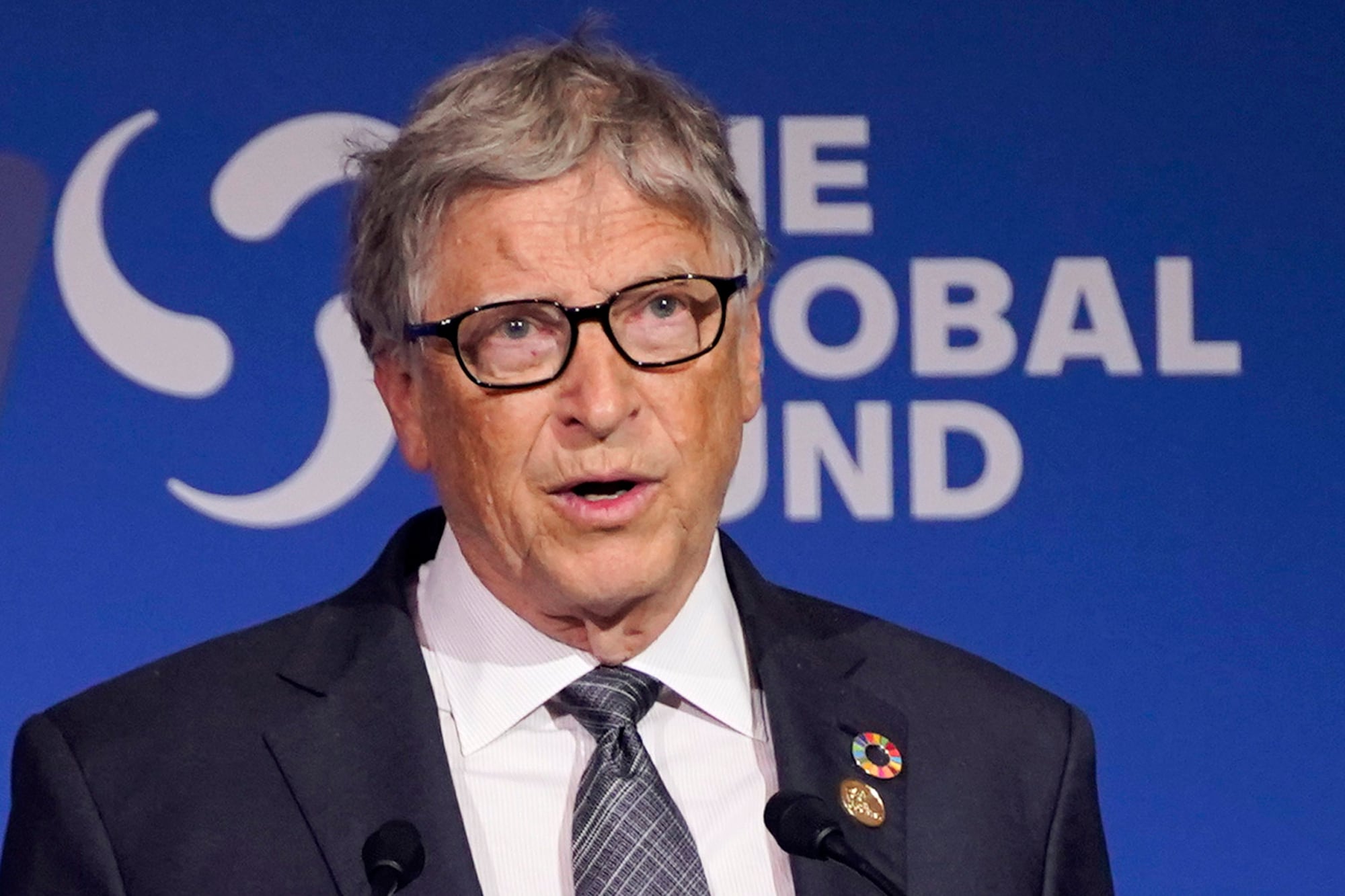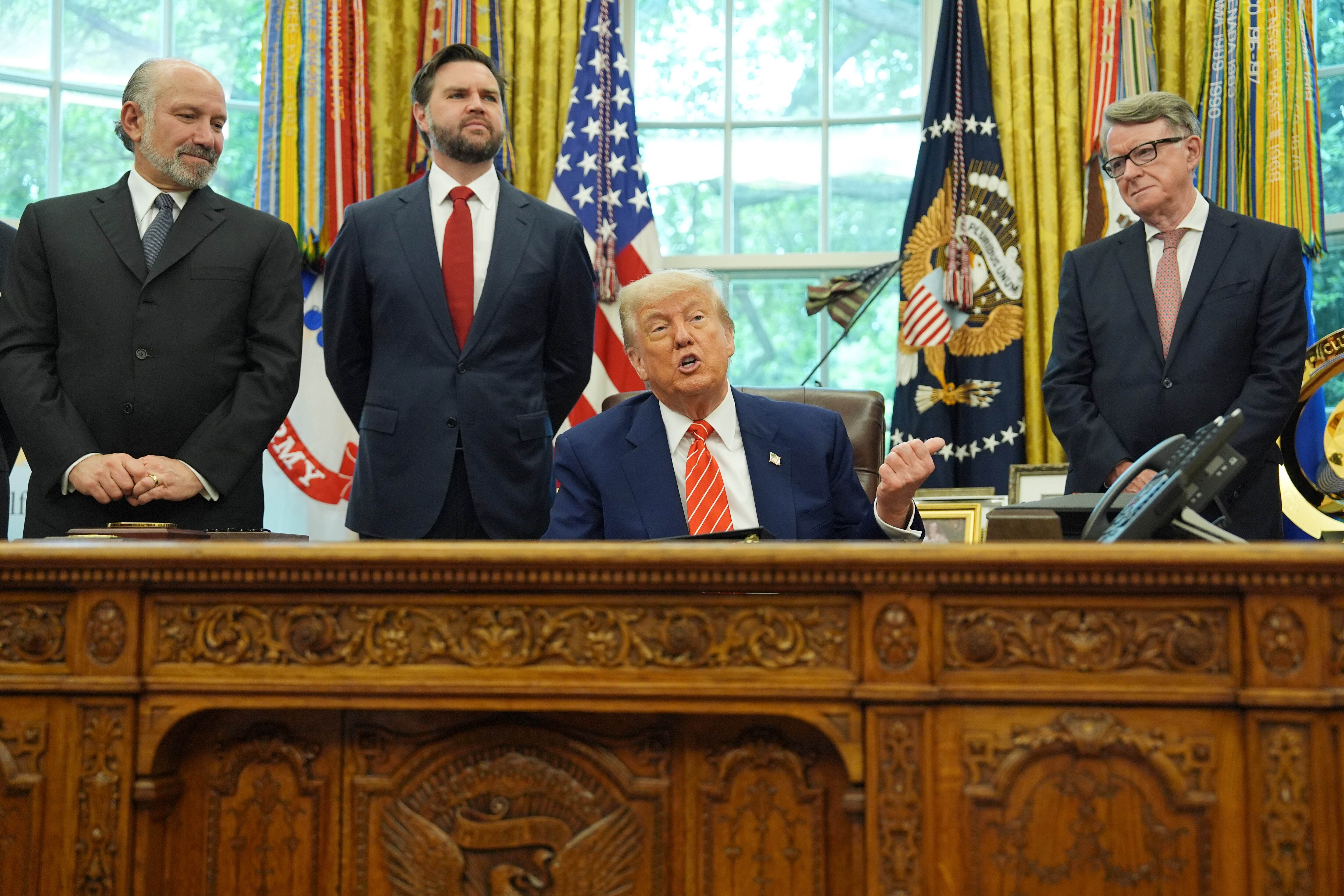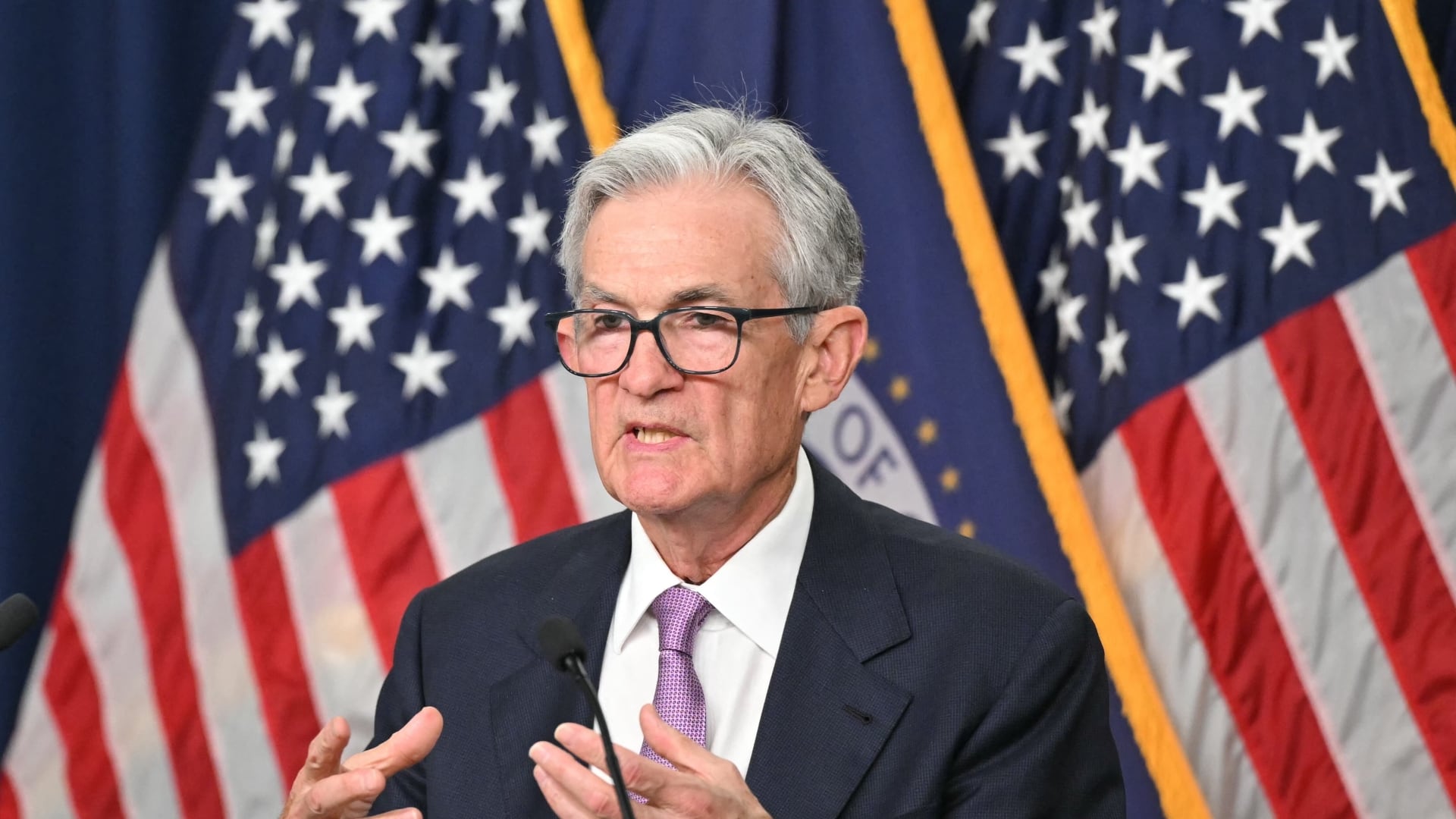The Food and Drug Administration is expected to unveil a ban on flavored e-cigarettes next week, President Trump said Friday. But after a month of intense lobbying from advocates on both sides of the issue, the substance of the policy remains shrouded, leaving users, producers, and health officials in a wary state of anticipation.
Trump also said Friday that his administration will support a nationwide law raising the minimum age to purchase any vaping products from 18 to 21, a policy that has already been enacted in several states and cities.
The administration first announced in September that the government will develop new policies to ban flavored e-cigarettes in an effort to curb underage vaping. The ban was originally understood to cover all flavored e-cigarettes sold anywhere, but the administration seems to be softening its stance, leaving open the possibility of flavored sales at specific vape shops and exempting menthol-flavored products.
White House counselor Kellyanne Conway said Wednesday that research supports the notion that kids "don't care for menthol, which of course many smokers — I'm not one — say tastes like tobacco." She added that vape shops are also not covered under the Tobacco Control Act and therefore not under the jurisdiction of federal regulators.
A coalition of health organizations — including the American Academy of Pediatrics, the American Cancer Society, the American Lung Association, and the Campaign for Tobacco-Free Kids — condemned the Trump administration Wednesday, urging the government to implement its original plan. The organizations also disputed Conway's regulatory understanding, claiming that there is "no legal or public health justification" for exempting vape shops and that the FDA does have the authority to "regulate nicotine e-cigarette products wherever they are sold."
"There is clear evidence that if any e-cigarette flavors are left on the market, kids will migrate to them," the coalition's statement read. "If the Administration exempts vape shops from its plan, it will be a capitulation to the e-cigarette industry at the expense of America's kids and it will not stem the worsening youth e-cigarette epidemic."
The American Vaping Association, an e-cigarette industry group fighting against a nationwide ban, said this week that a prohibition would create chaos and force businesses to confront the prospect of closing up shop due to "existentially threatening regulation."
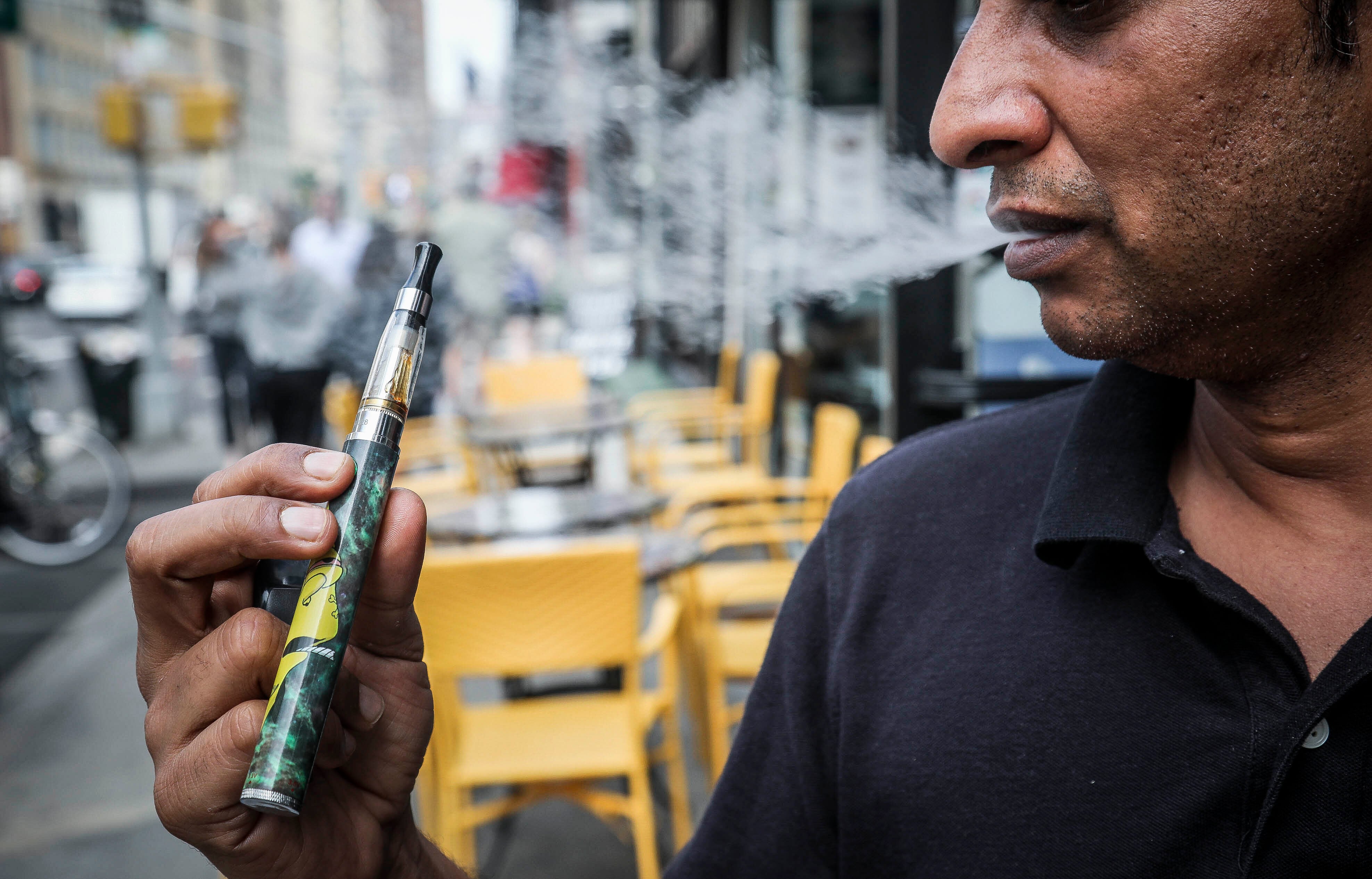
As of this week, there have been 2,051 cases of lung injury associated with e-cigarette or vaping in 49 states, according to the Centers for Disease Control and Prevention (CDC). The issue of addiction and illness, the CDC says, is especially acute with the five million young people, including 27.5 percent of school students, that use e-cigarettes.
The increasing popularity of e-cigarettes has brought top manufacturers like Juul, Beard Vape, and DirectELiquid under pressure from lawmakers for marketing to kids and minimizing the addictiveness of the products, which proponents argue are a far healthier alternative to traditional cigarettes.
On Thursday, Juul, the San Francisco-based e-cigarette giant, announced that it was halting sales of mint-flavored pods.
Citing federal data on the proliferation of e-cigarette use among youth, Juul CEO K.C. Crosthwaite said, "we must reset the vapor category in the U.S. and earn the trust of society by working cooperatively with regulators, Attorneys General, public health officials, and other stakeholders to combat underage use." Crosthwaite added that Juul, which said it has refrained from lobbying the Trump administration, will support the forthcoming flavor ban.
"We cannot afford more delays or half measures in addressing this public health crisis," the coalition of health organizations added in their statement. "If the Administration is serious about protecting our kids, it must stand strong and swiftly implement its plan to clear the market of all flavored e-cigarettes."

